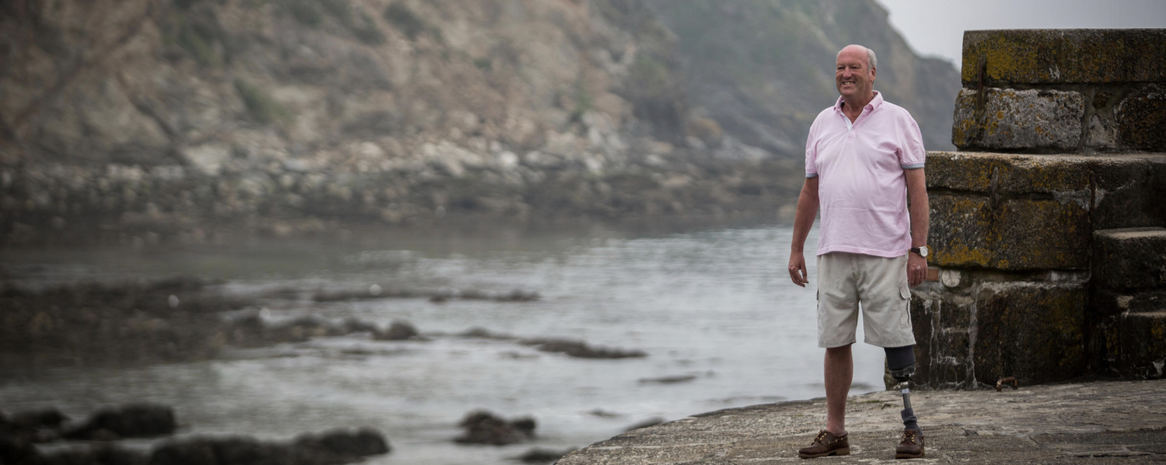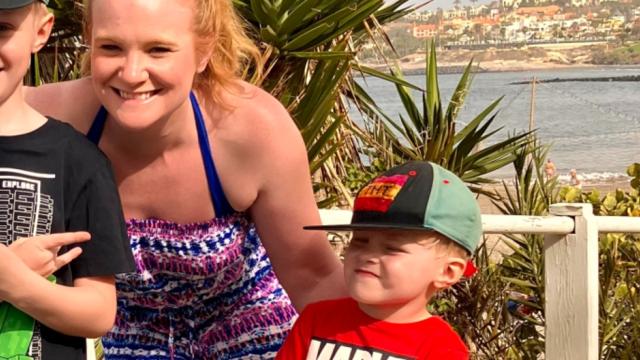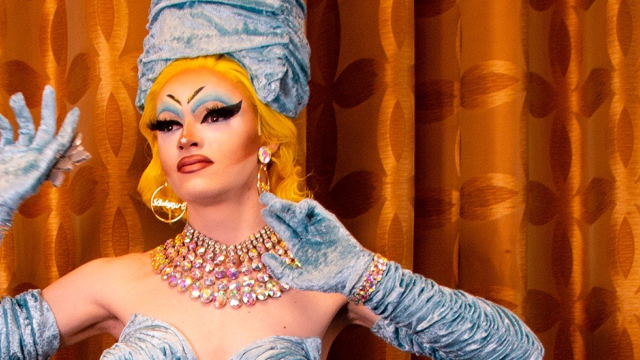Managing through the pandemic
The pandemic was a really tough time for me.
By this point I was told that I was no longer in remission, and I had a blip with my eating and regained some weight, although I was able to lose that quite quickly.
But I also suffered two bad falls, and because I have problems with my back I’ve been on crutches ever since, and I have found it very hard to do any form of exercise to help lose weight.
I am working with my healthcare team to monitor my complications. I am currently taking insulin, and I’m on a plan to ensure my weight remains stable.






